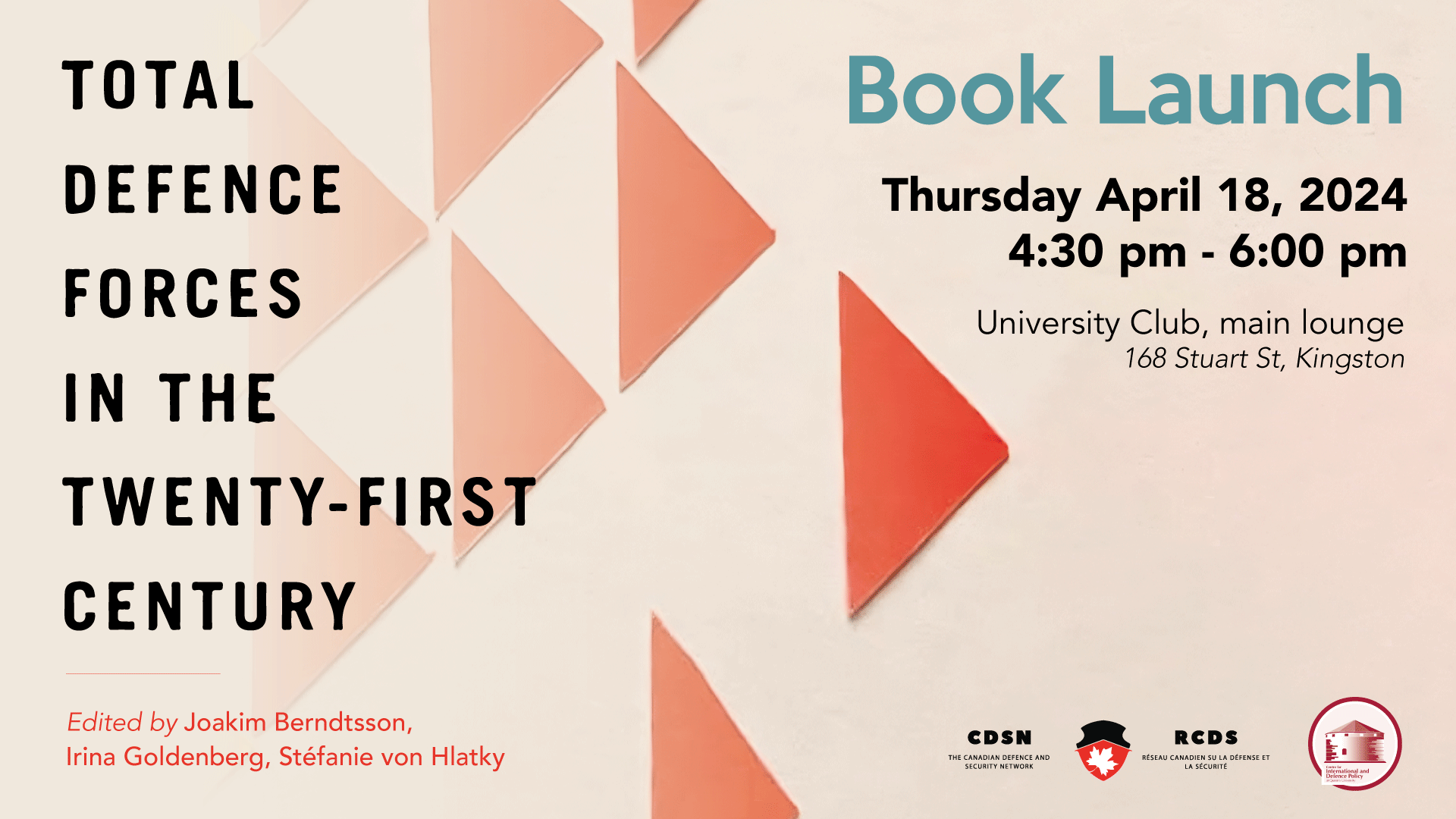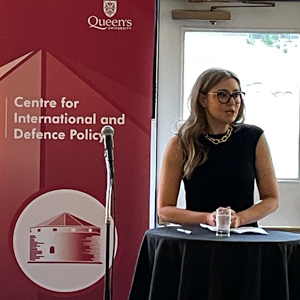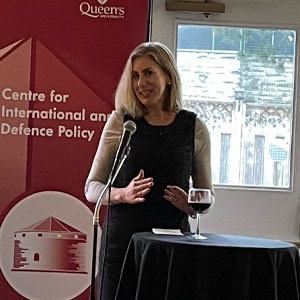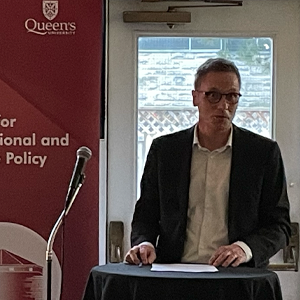The Strategic Implications of the American Presidential Election
Date
Thursday May 30, 20249:00 am - 4:45 pm
Location
Demarais (DMS) 4101, University of Ottawa | Ottawa, ON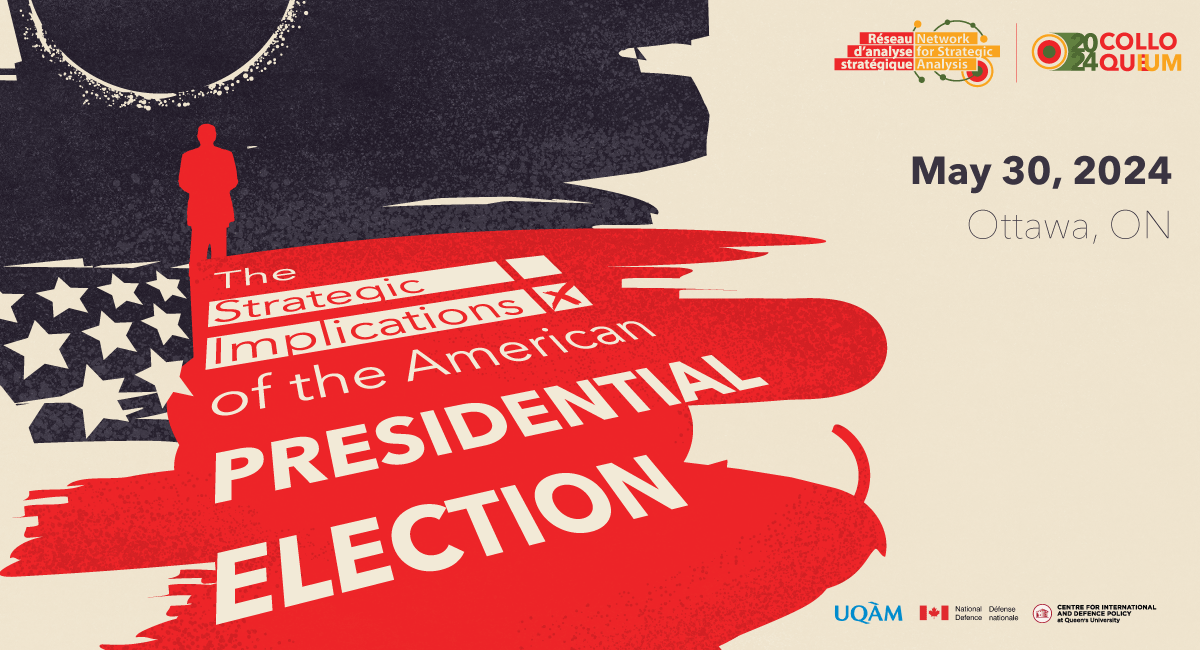
This colloquium seeks to analyze the strategic implications of the upcoming U.S. presidential elections on the landscape of international relations, with a particular focus on Canada’s position and strategies. At a time of significant political change in the U.S., we will explore how the election results could reshape global alliances, foreign policies, and international security frameworks by exploring different possible scenarios. The first panel aims to explore the challenges posed by public distrust of institutions, the rise of misinformation, engendering an era of post-truth that intensifies social and political tensions, leading to an escalation of violence. The second panel focuses on the repercussions of a potential American withdrawal from international institutions, signaling a shift towards a more unilateral approach or one based on ad hoc alliances by various states, which could call into question established international norms and rules. It aims to analyze the consequences of this evolution for the international community, and the role of countries like Canada in this new paradigm. Finally, the last panel takes place in a context where the evolution of American policy could lead to a significant change in global leadership. What actions should be envisaged to counter the absence of the United States? International cooperation and diplomacy.
Conference Agenda:
9:00 – 9:15: Opening remarks
9:15 – 10:15: Keynote speaker
10:15 – 10:30: Health break
10:30 – 12:00: Round Table – The Evolving Strategic Environment in a Changing Political World
We’re facing an ever-changing world, where geopolitical dynamics are rapidly evolving, shaping the international landscape. In view of the upcoming U.S. elections and the various scenarios anticipated following a change of leadership, this round table aims to discuss Canada’s strategic issues in relation to the research themes at the heart of the research initiatives identified by our partners.
12:00 – 13:00: Lunch
13:00 – 14:30: Panel 1 – The Post-Truth Era
The contemporary political environment is marked by public distrust of the legitimacy of knowledge and public institutions, shaped by hybrid media, misinformation and contestation. A worrying consequence of this post-truth era is the increase in violence in response to these contested political environments. Social and political tensions are intensifying, fueled by polarized and often manipulated narratives, creating a climate conducive to conflict escalation and radicalization. In such a context, this panel highlights the challenges faced by countries like Canada, seeking to strengthen their resilience in the face of these political and social pressures.
14:30 – 14:45: Health break
15:00 – 16:30: Panel 2 – The Weakening of International Institutions (Post-Rule)
With the upcoming US presidential elections, it is possible to anticipate a potential change in the international order, more specifically in relation to a disengagement of the United States from international institutions. Instead of relying on institutions such as the United Nations, the World Trade Organization or various regional alliances to resolve conflicts and manage global affairs, many states are considering following their own interests unilaterally or through ad hoc alliances, ignoring established rules and norms. This panel aims to explore the implications of this paradigm shift for the international community as a whole, but also what avenues Canada can contribute in such a context of weakening international institutions.
16:30 – 16:45: Closing remarks
17:00 – 18:30: Networking Event

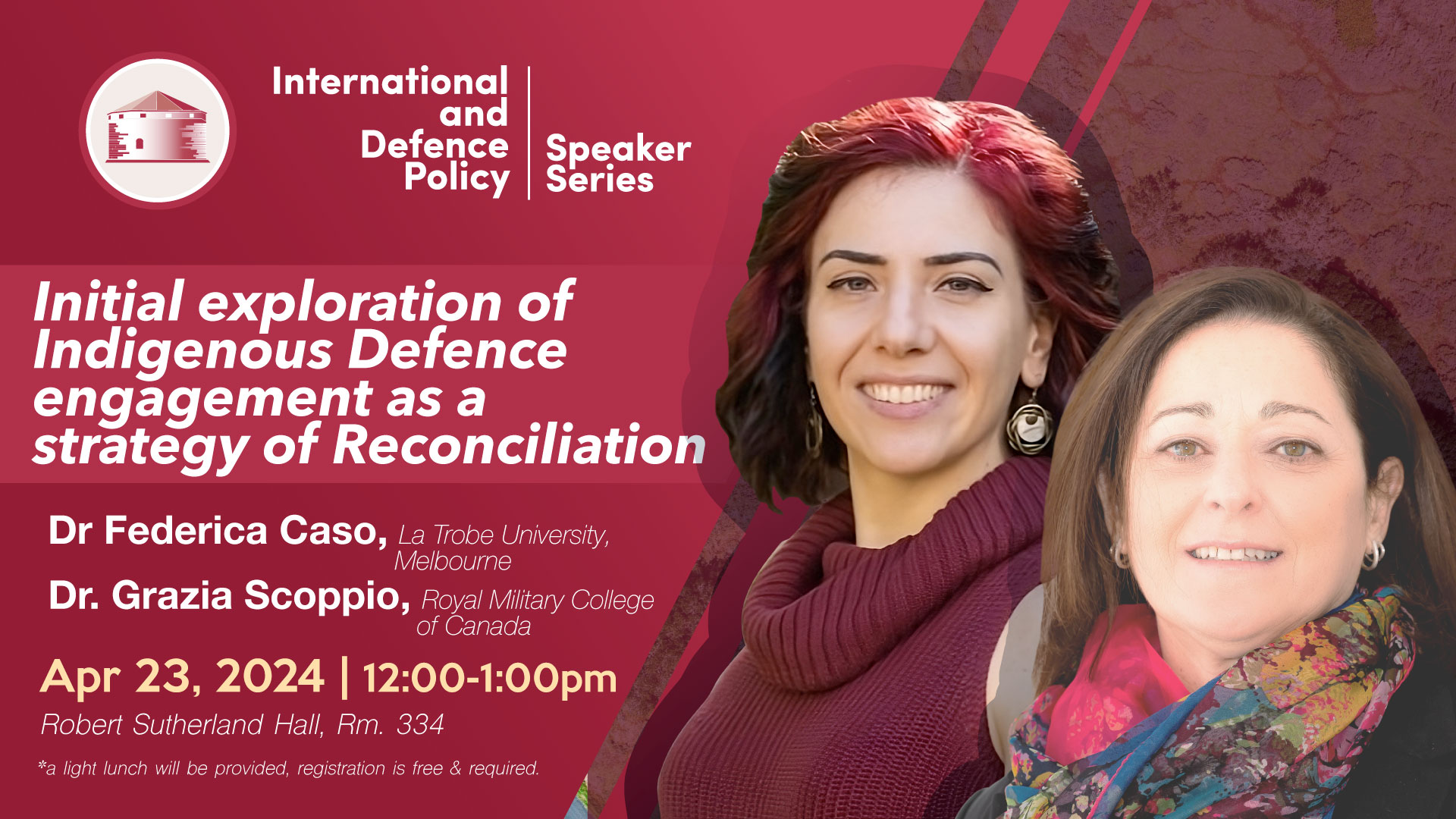
 Dr Federica Caso was born in Sardegna, a Mediterranean island belonging to Italy, where she developed intimate familiarity with questions of militarism and cultural self-determination. In 2015, she moved from the UK to Meanjin/Brisbane to pursue a PhD at the University of Queensland, which she gained in 2019. Federica researches the relationship between Defence and settler colonialism which she gathers under the concept of ‘settler military politics’. She has recently concluded a project that maps the history and politics of Australia’s war commemoration along the development of the settler (martial) state. This research is collected in the forthcoming book Settler Military Politics: Militarisation and the Aesthetics of War Commemoration (2024, Edinburgh University Press). She is now focusing on Indigenous military service in the present, including Indigenous participation in the Regional Surveillance Units (of which NORFORCE is the most recognisable), Defence Indigenous Procurement, and the contribution of Indigenous women in Defence to gender equality and reconciliation. She is working to establish a network of scholars interested in settler military politics across Australia, Canada, and New Zealand.
Dr Federica Caso was born in Sardegna, a Mediterranean island belonging to Italy, where she developed intimate familiarity with questions of militarism and cultural self-determination. In 2015, she moved from the UK to Meanjin/Brisbane to pursue a PhD at the University of Queensland, which she gained in 2019. Federica researches the relationship between Defence and settler colonialism which she gathers under the concept of ‘settler military politics’. She has recently concluded a project that maps the history and politics of Australia’s war commemoration along the development of the settler (martial) state. This research is collected in the forthcoming book Settler Military Politics: Militarisation and the Aesthetics of War Commemoration (2024, Edinburgh University Press). She is now focusing on Indigenous military service in the present, including Indigenous participation in the Regional Surveillance Units (of which NORFORCE is the most recognisable), Defence Indigenous Procurement, and the contribution of Indigenous women in Defence to gender equality and reconciliation. She is working to establish a network of scholars interested in settler military politics across Australia, Canada, and New Zealand.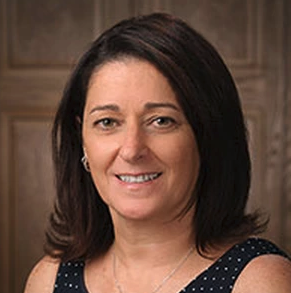 Dr. Grazia (Grace) Scoppio is a Professor in the Department of Defence Studies at the Royal Military College of Canada (RMC) and is cross-appointed in the Queen’s University Department of Political Studies. In 2021, she was a Fulbright Canada Research Chair in Peace and War Studies at Norwich University, in Vermont, USA. Dr. Scoppio was the Dean of Continuing Studies at RMC from 2017 to 2020 after having served as Associate Dean from 2013 to 2016. Between 2002 and 2013, she held various appointments at the Canadian Defence Academy and the Canadian Forces Leadership Institute (CFLI). She has authored or co-authored numerous publications including books, technical and scientific reports, journals articles and chapters in edited books. One of Scoppio’s recent publications is a book that she co-edited with Sara Greco, entitled: The Power of Diversity in the Armed Forces – International Perspectives on Immigrant Participation in the Military. She has presented her multidisciplinary research at many national and international conferences. Her interdisciplinary research areas include: diversity and gender in military organizations, indigenous people and the military, organizational culture, migration, military education, distance learning, comparative and international education, whole of government & comprehensive approach, lessons learned & organizational learning.
Dr. Grazia (Grace) Scoppio is a Professor in the Department of Defence Studies at the Royal Military College of Canada (RMC) and is cross-appointed in the Queen’s University Department of Political Studies. In 2021, she was a Fulbright Canada Research Chair in Peace and War Studies at Norwich University, in Vermont, USA. Dr. Scoppio was the Dean of Continuing Studies at RMC from 2017 to 2020 after having served as Associate Dean from 2013 to 2016. Between 2002 and 2013, she held various appointments at the Canadian Defence Academy and the Canadian Forces Leadership Institute (CFLI). She has authored or co-authored numerous publications including books, technical and scientific reports, journals articles and chapters in edited books. One of Scoppio’s recent publications is a book that she co-edited with Sara Greco, entitled: The Power of Diversity in the Armed Forces – International Perspectives on Immigrant Participation in the Military. She has presented her multidisciplinary research at many national and international conferences. Her interdisciplinary research areas include: diversity and gender in military organizations, indigenous people and the military, organizational culture, migration, military education, distance learning, comparative and international education, whole of government & comprehensive approach, lessons learned & organizational learning.



